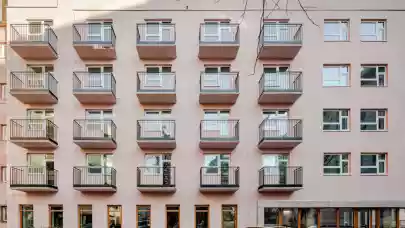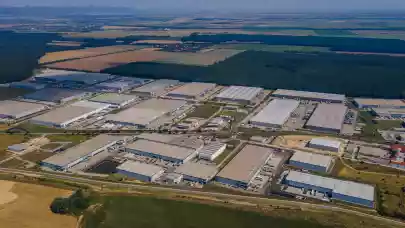
The third quarter of the year has slowed down in terms of investment activity in comparison with the previous quarter. Namely, the most sought-after segments have been office schemes and retail parks. Both domestic and foreign investors have been active, with a slightly higher provision of international capital since the beginning of the year, CBRE SEE reports.
The office sector has proven to be the most active, with transaction volumes over €90 million, followed by the retail and the hotel segments, which recorded volumes of €40 million and €28 million, respectively. No significant industrial transactions have been recorded. Investment volumes stood at over €170 million, with the largest portion of volumes recorded in Croatia, within the retail and office sector. The most notable transaction has been the purchase of a recently developed retail park in the coastal area, namely Rijeka. On account of the uncertain economic situation, price correction has taken place, but not as severely as in Western Europe, meaning that the discrepancy between the seller and the buyer is less aggressive. Hence, the SEE region remains attractive, with a similar liquidity level as in the previous decade.
Investment activity since the beginning of the year has grown by 14% compared to the same period of 2022, despite the unpredictability which has been present in the region, and even more pronounced in Western Europe. Namely, the year-to-date investment volumes stand at around €670 million, of which the office sector has contributed the most and remained the most active market segment, accounting for 77% of total investment volumes, followed by the hotel and the retail sectors. So far, Serbia remains the leader in the SEE region when it comes to investment volumes year-to-date, having recorded almost €400 million or 60% of total volumes. Furthermore, Serbia is followed by Croatia, whose transacted volumes account for 20% of total volumes.
The forthcoming period is expected to remain filled with unpredictability in terms of pricing, financing and construction costs, depending on how well the region manages to deal with the economic crisis, the elevated inflation levels, as well as the economic fallout resulting from the even more complex geopolitical situation. However, despite the general uncertainty, it is forecasted that the rest of the year will be marked by moderate volumes, especially in the hotel sector. Also, the most active countries in the region in the final quarter of the year are expected to be Serbia and Slovenia.



